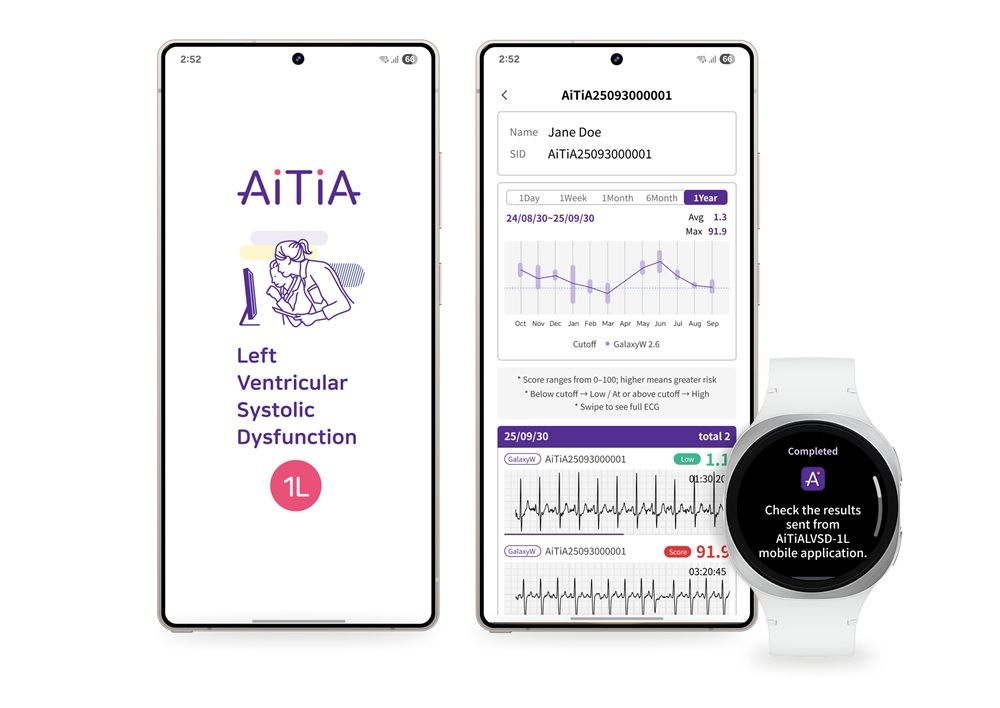Samsung just dropped a healthcare bombshell that could save millions of lives. The tech giant unveiled the world's first smartwatch capable of detecting Left Ventricular Systolic Dysfunction - a heart condition more fatal than some cancers that affects 50% of heart failure cases. But that's not all: they're also pioneering brain-computer interfaces that can read your drowsiness and video preferences with 92% accuracy.
Samsung just rewrote the playbook for wearable health tech with two breakthrough announcements that sound like science fiction but are hitting the market now. The Korean giant secured regulatory approval for the world's first smartwatch capable of detecting Left Ventricular Systolic Dysfunction (LVSD), a cardiovascular condition responsible for roughly half of all heart failure cases and deadlier than many cancers.
The timing couldn't be more critical. Heart failure kills more people than you'd expect - patients face just a 50% survival rate five years after diagnosis, making early detection absolutely crucial for treatment success. "As a result, early detection of LVSD is critical, as timely diagnosis along with medication and lifestyle adjustments, can significantly reduce hospitalization and lower the risk of death," according to Samsung's official announcement.
What makes this different from typical health tracking features? Samsung didn't go it alone. They partnered with Medical AI, a Korean medical device specialist that's already deployed their ECG algorithms across over 100 major hospitals in Korea, processing data for more than 120,000 patients monthly. This isn't experimental tech - it's clinically proven, real-world medicine now shrunk down to fit on your wrist.
The South Korea Ministry of Food and Drug Safety (MFDS) gave their stamp of approval, making Samsung's device the first smartwatch to gain official LVSD detection capabilities. That regulatory win signals confidence in the technology's accuracy and reliability for consumer use.
But Samsung's health ambitions extend far beyond heart monitoring. In a separate collaboration with Hanyang University's Department of Biomedical Engineering, they've developed an "around-the-ear" electroencephalogram (EEG) prototype that turns brain-computer interfaces from bulky lab equipment into sleek, wearable devices.
This isn't your typical fitness tracker expansion - we're talking about reading actual brainwaves. The Ear-EEG prototype delivered impressive real-world results during testing. It accurately detected drowsiness onset in real-time, potentially revolutionizing everything from student focus to driver safety. Even more intriguingly, the device analyzed participants' brainwaves to identify their video preferences with 92.86% accuracy.
